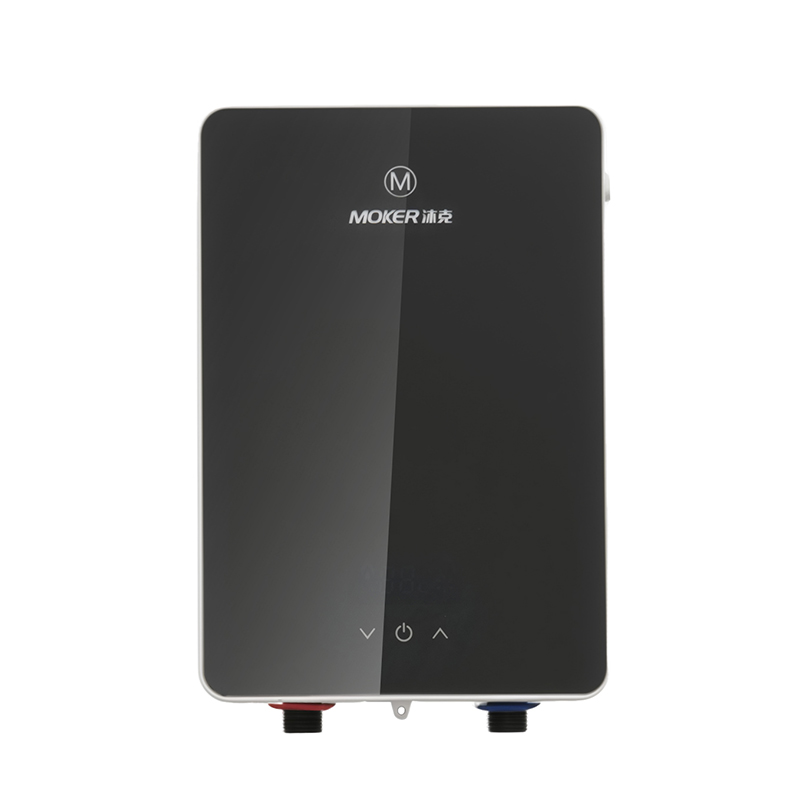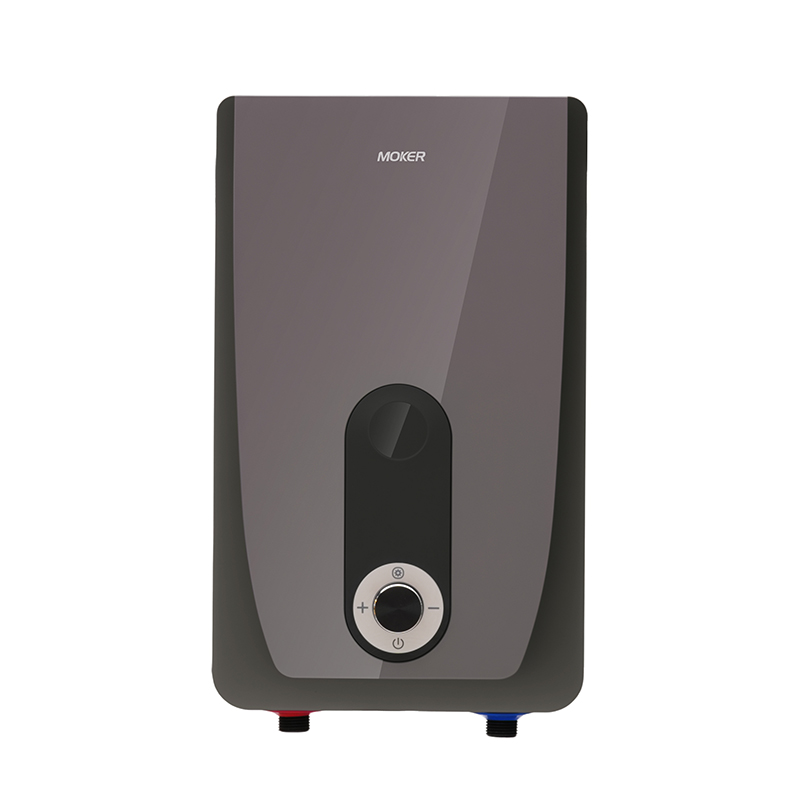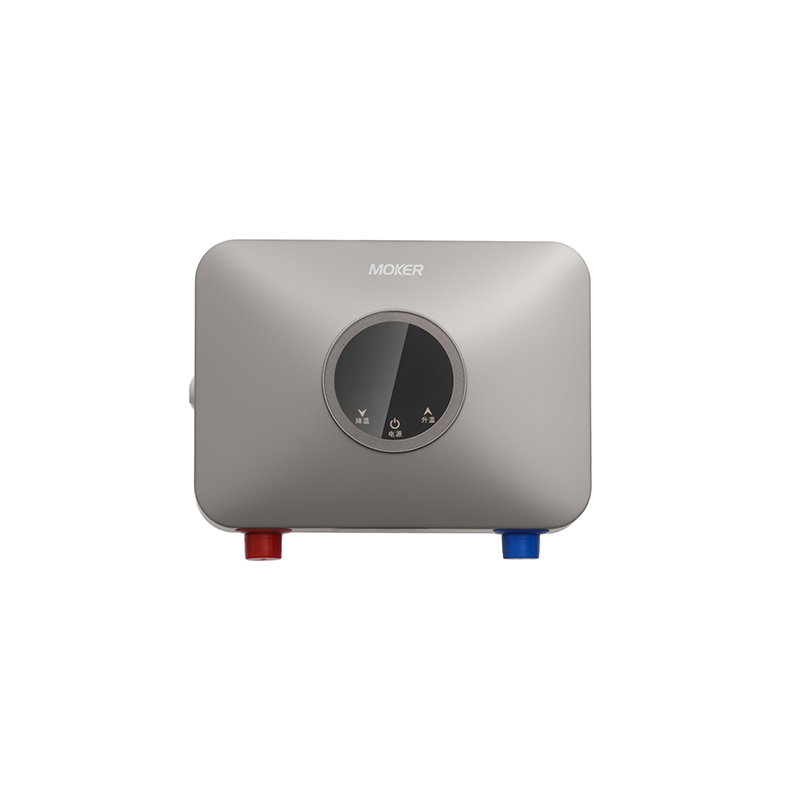Water Quality Adaptability of Different Water Heaters
Water quality significantly affects the performance and lifespan of water heater, as mineral content and impurities can cause scaling, corrosion, or blockages. Electric water heater, Tankless Water Heater, Instant water heater, electric tankless water heater, and instantaneous water heater electric each have varying tolerance levels for different water conditions.
Electric water heater shows moderate adaptability to hard water but requires proactive maintenance. In areas with high mineral content, Electric water heater’s tank accumulates sediment at the bottom over time, insulating heating elements and reducing efficiency. Electric water heater’s anode rod attracts corrosive elements, protecting the tank but needing more frequent replacement (every 1–2 years) in hard water regions. Installing a water softener paired with Electric water heater minimizes scaling, extending Electric water heater’s service life by preventing heating element damage from mineral buildup.
Tankless Water Heater is highly susceptible to scaling in hard water areas. Tankless Water Heater’s narrow heat exchanger channels trap mineral deposits quickly, restricting water flow and reducing heating capacity. Gas-powered Tankless Water Heater and electric tankless water heater both require regular descaling (every 6–12 months in hard water) using specialized solutions to dissolve calcium deposits. Tankless Water Heater with built-in scale inhibitors or self-cleaning functions better adapt to moderate hard water, reducing maintenance frequency for Tankless Water Heater owners.
Instant water heater has low tolerance for sediment due to its compact design. Instant water heater’s small heating chamber and narrow pipes clog easily with mineral particles, causing uneven heating or flow restrictions. Instant water heater must have a high-quality inlet filter that requires monthly cleaning in hard water areas to prevent damage. Using descaling agents specifically formulated for Instant water heater every 3–6 months helps remove accumulated scale from heating elements, maintaining Instant water heater’s rapid heating performance.
Electric tankless water heater shares Tankless Water Heater’s scaling challenges but with some advantages. electric tankless water heater’s heating elements are more accessible for cleaning than gas Tankless Water Heater’s heat exchangers, simplifying maintenance. However, electric tankless water heater’s higher surface temperature (compared to gas models) accelerates mineral deposition, making regular descaling even more critical. electric tankless water heater paired with a whole-house water conditioner adapts better to extreme hard water, preserving heating efficiency over time.
Instantaneous water heater electric, despite its small size, can adapt to varying water quality with proper care. instantaneous water heater electric’s short water contact time reduces scaling compared to larger units, but mineral buildup still occurs in its tiny heating coil. instantaneous water heater electric’s removable heating element allows for easy soaking in descaling solution every 6–8 months. Installing a point-of-use water filter before instantaneous water heater electric captures sediments, preventing clogs in instantaneous water heater electric’s narrow passages.
Adapting water heater to local water quality is essential for reliability. Electric water heater and instantaneous water heater electric offer better baseline tolerance, while Tankless Water Heater, Instant water heater, and electric tankless water heater require more proactive maintenance in hard water areas. Matching water heater type to water conditions ensures consistent performance and maximizes service life.





